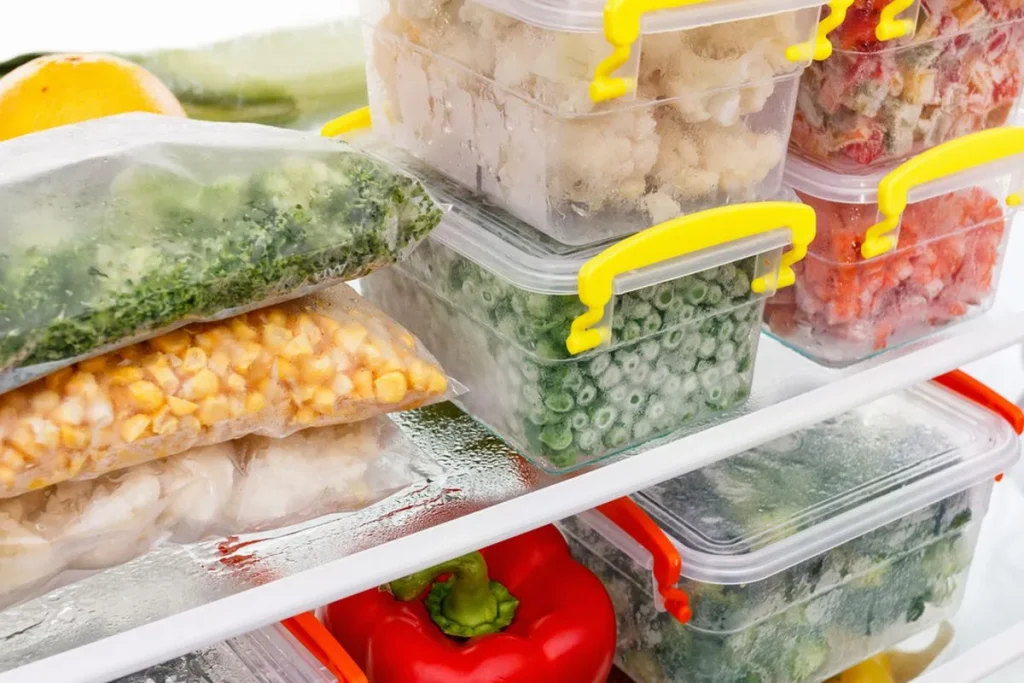
Frozen Meals for Seniors: All You Need to Know
Freezing is one of the ways to preserve food for a long time. Freezing foods is different from one another, and putting some foods in the refrigerator causes changes in taste, smell, and quality. So not all foods can be frozen, and eating some frozen foods can be harmful and dangerous. Learn about frozen meals for seniors and find out how to freeze cooked foods for your elderly by reading this article from humanhealthmag.
Should Seniors Avoid Frozen Meals?
You may have asked yourself this question many times because there are so many stories about frozen foods. Busy lifestyles make it impossible for many of us to prepare fresh meals, so we have no choice but to use frozen foods that can be quickly heated in the microwave.
In addition to the fact that frozen foods are not fresh, it is believed that these types of foods contain sodium, a lot of fat and preservatives. With all this in mind, it is no wonder why people are always wondering whether frozen foods bad for senior health. In your opinion, whether we must includd this foods on assisted living food menu?
When it comes to the question “Is frozen meals bad for seniors?” the answer is not always a definite yes. Actually, the answer to this question depends on what you keep in your freezer. For example, when you are in a hurry, you might prefer to grab a package of chopped vegetables from the freezer and fry them instead of spending time chopping them.
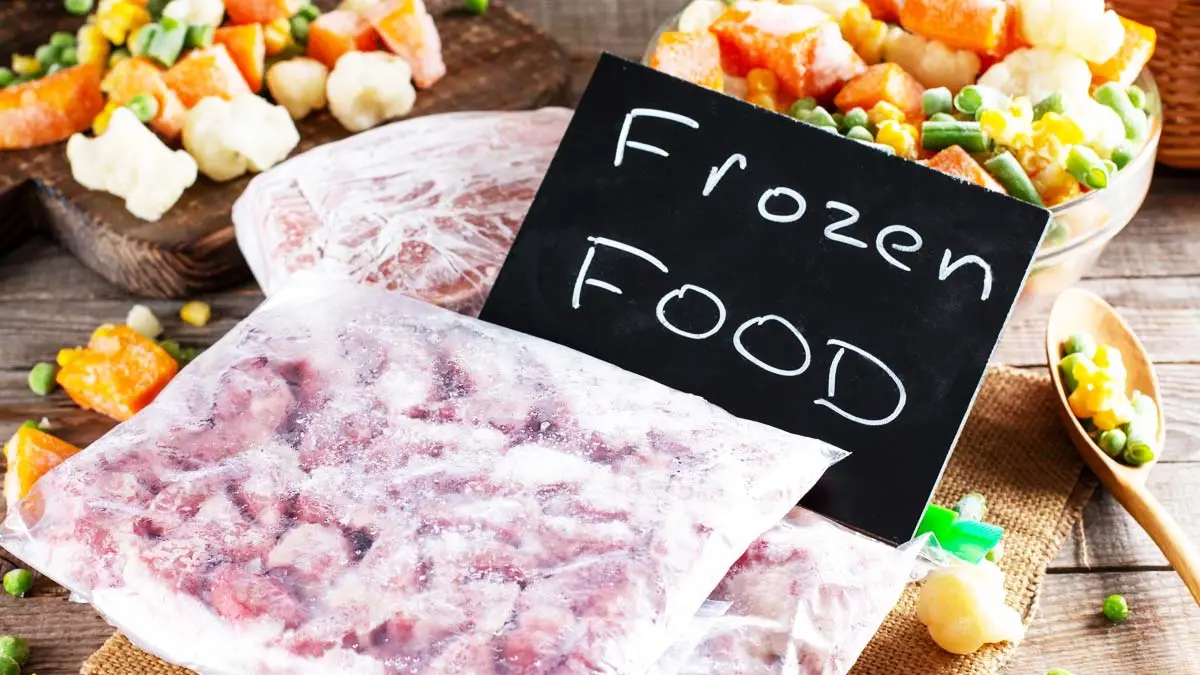
Studies show that frozen products retain their nutrients at the peak of freshness. In general, the vitamins in frozen fruits and vegetables are not much different from their fresh form. Although unfrozen food may seem fresher, it does not mean that frozen food is not fresh. Keep in mind that frozen fruits and vegetables are subjected to a quick freeze. This method preserves the freshness and flavor of the product and, as a result, its quality, and its freshness is comparable to non-frozen products.
Also, frozen products have a longer shelf life than fresh products, and this can prevent food wastage. So frozen items can be a healthy choice, but remember, what type of frozen food you choose can make a big difference in your health.
Side Effects of Frozen Meals for Seniors
One way to preserve food for a long time is to freeze it. Freezing foods is different from one another, and putting some foods in the refrigerator causes changes in taste, smell, and quality. So not all foods can be frozen, and eating some frozen foods can be harmful and dangerous.
potential Health Risks of Frozen Meals on Seniors with Diabetes
Frozen foods often contain added starches to maintain freshness and texture. While these starches can enhance the taste and appearance of the food, they’re essentially polymers of glucose. Our bodies break down these starches into glucose, which can significantly raise blood sugar levels. For individuals with diabetes, this rapid increase in glucose can be challenging to manage.
Consuming excessive amounts of frozen foods, particularly those high in added sugars and starches, may contribute to poor blood sugar control and potentially increase the risk of diabetes complications. It’s advisable for people with diabetes to carefully read food labels and choose frozen options that are low in added sugars and sodium, while consulting with a healthcare professional for personalized dietary advice.
potential Health Risks of Frozen Meals on Seniors with heart conditions
Frozen foods can pose significant health risks, especially for individuals with heart conditions. These foods are often high in trans fats, which can elevate bad cholesterol levels and lower good cholesterol, increasing the risk of heart disease and clogged arteries. Additionally, frozen foods frequently contain excessive amounts of sodium as a preservative, which can contribute to high blood pressure and further strain the heart. The combination of unhealthy fats and elevated sodium levels makes frozen meals for seniors a less than ideal choice for those looking to maintain heart health.
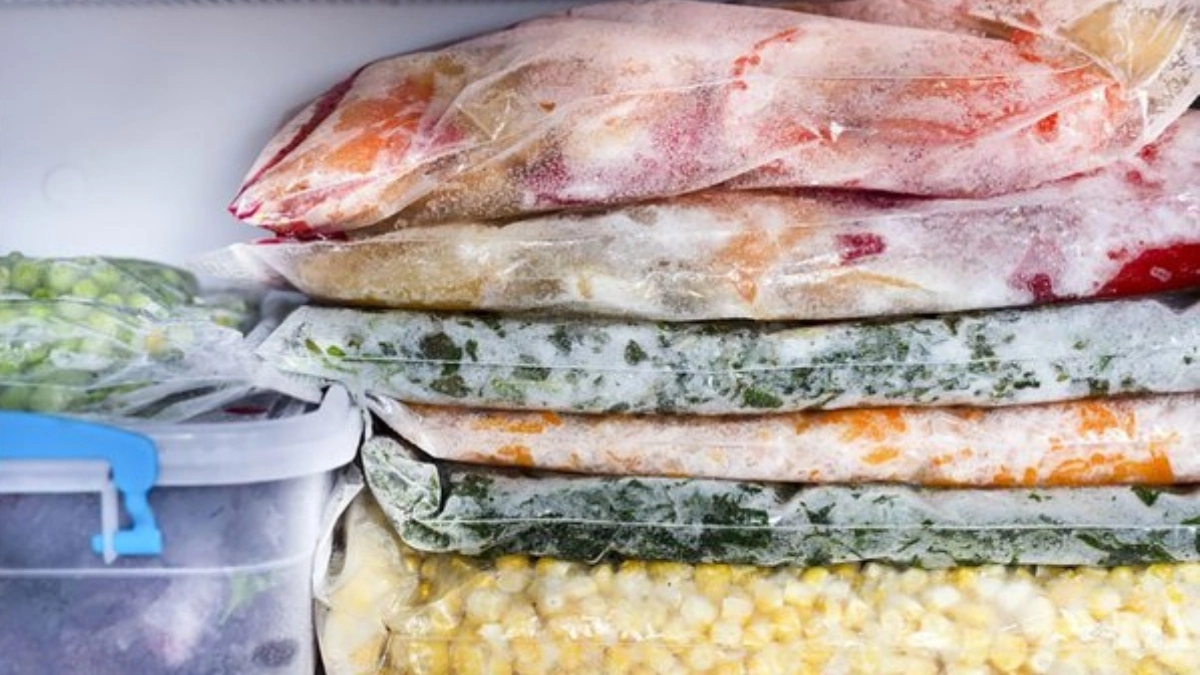
potential Health Risks of Frozen Meals on Seniors with High Blood Pressure
Frozen foods often contain preservatives that can have various effects on the body. Those high in sugar or salt can negatively impact blood pressure, leading to an increase. This is because high sodium intake is directly linked to elevated blood pressure. Numerous studies have shown that reducing salt consumption can lower blood pressure. Consequently, individuals with hypertension should be mindful of the sodium content in frozen foods to manage their condition effectively.
potential Health Risks of Frozen Meals on Seniors with Cancer
Frozen foods have been linked to an increased risk of cancer, particularly pancreatic cancer. Studies suggest that consuming frozen foods, especially meats like hot dogs and sausages, can raise the risk of developing this type of cancer by over 65%. Preservatives commonly found in frozen foods, such as the glucose used in corn soup, have been identified as potential carcinogens. Additionally, acrylamide, another substance present in frozen foods, is known to be carcinogenic. While more research is needed to fully understand the extent of this risk, these findings highlight the importance of being mindful of the potential health implications of consuming excessive amounts of frozen processed foods.
Potential Dangers of Frozen Foods and MSG
While frozen meals for seniors offer convenience, they often contain additives like monosodium glutamate (MSG) that can have adverse health effects. Excessive consumption of MSG has been linked to a variety of symptoms including burning sensations, nausea, headaches, chest pain, thirst, fatigue, and dizziness. In severe cases, it can even lead to respiratory problems.
Although frozen foods like nuggets, burgers, and pizza may be tasty, they pose potential health risks. Opting for fresh ingredients and home-cooked meals is generally healthier and can help you avoid these issues. Remember, while convenience is appealing, prioritizing your health should always be a top priority.
Pros and Cons of Frozen Meals for Seniors
Frozen foods offer the convenience of enjoying seasonal produce year-round or a nutritious, quick meal prep for seniors after a busy day. Experts often recommend freezing as one of the best ways to preserve the nutritional value of food. Therefore, if fresh produce is unavailable, frozen alternatives can be a good choice. However, frozen foods should not be the sole component of your diet. For optimal health, balance is key. Incorporate a variety of fresh and frozen foods to ensure you’re consuming all essential nutrients.
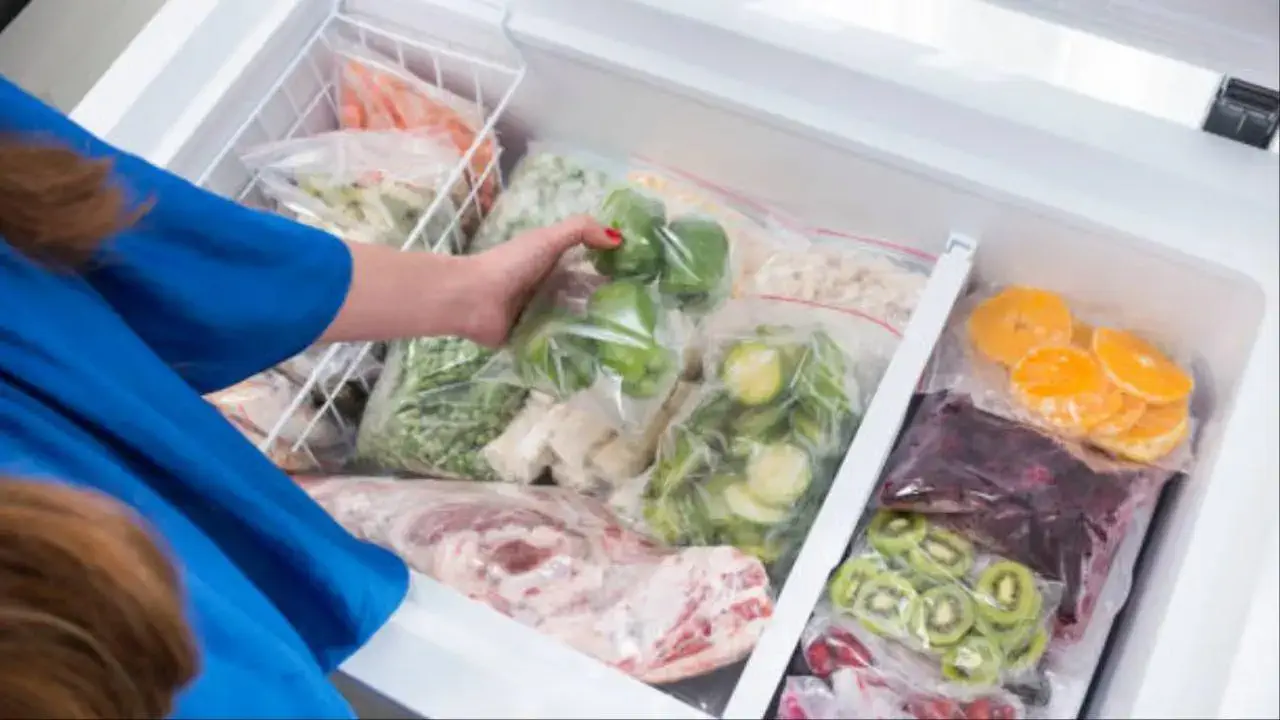
Disadvantages:
- Preservatives: Some frozen foods contain additives, so it’s important to read labels carefully.
- Quality Variation: Quality can vary between brands, with some offering inferior products.
- Nutrient Loss: If not frozen quickly, some nutrients may be lost during the process.
- Taste and Texture: Frozen foods may have a slightly different taste and texture compared to fresh produce.
- Storage Issues: Forgotten frozen items can spoil, and freezer burn can affect the quality of food.
- Limited Variety: The selection of frozen foods may be more limited than fresh options.
Advantages:
- Time-Saving: Frozen foods eliminate the need for chopping and preparation.
- Seasonal Availability: Enjoy seasonal fruits and vegetables year-round.
- Cost-Effective: Frozen foods can be more affordable than fresh produce.
- Convenience: Ideal for busy individuals or stressful days.
- Longer Shelf Life: Frozen foods have a longer shelf life than fresh items.
- DIY Options: You can freeze your own fruits, vegetables, and meals.
- Safety: Freezing helps prevent the growth of harmful bacteria.
- Reduced Food Waste: Freezing can help reduce food waste.
- Meal Planning: Frozen foods can simplify meal planning.
In conclusion, frozen foods offer a convenient and often nutritious option for busy individuals. However, they should be consumed in moderation as part of a balanced diet. By understanding the pros and cons, you can make informed choices and incorporate frozen foods into your meal planning effectively.
Tips for Storing Food in the Freezer
By following these guidelines, you can ensure that your frozen food remains safe, nutritious, and delicious for as long as possible.
- Allow Food to Cool Before Freezing
Placing hot food directly into the freezer can increase the temperature inside and cause other frozen items to thaw. This can lead to food spoilage. Ensure food is completely cooled before freezing.
- Portion Control
To prevent freezer burn and food waste, divide food into portion sizes suitable for individual meals. Refreezing thawed food can lead to a loss of quality and increased bacteria growth.
- Proper Packaging
Use airtight containers or freezer-safe bags to preserve food’s flavor, texture, and color. Remove as much air as possible from bags. For added protection, consider double-bagging items.
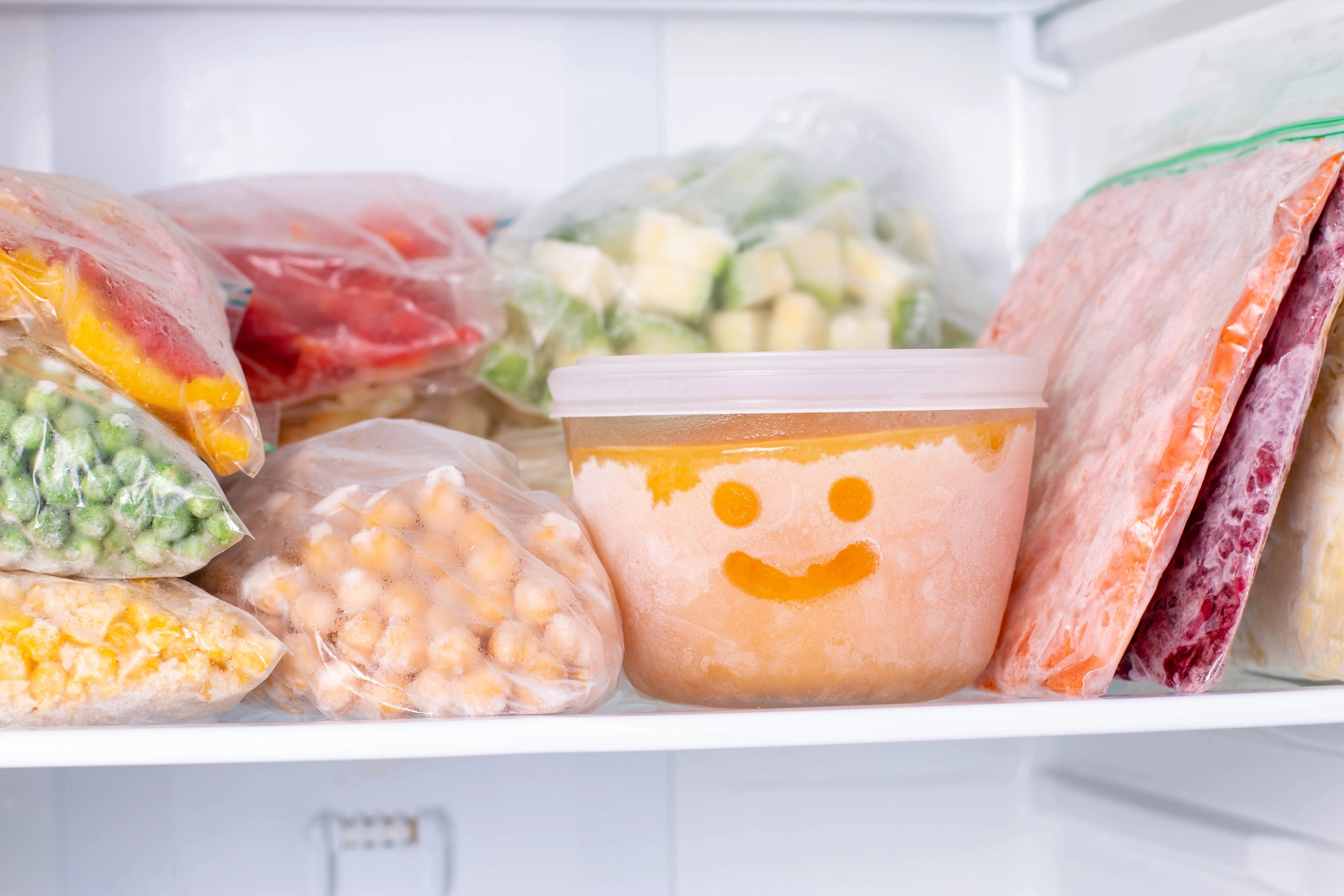
- Label and Date
Clearly label each container with the food’s name and the date it was frozen. This will help you stay organized and prevent food from being forgotten.
- Maintain a Consistent Temperature
Set your freezer temperature to 0°F (-18°C) or below. A consistent low temperature is crucial for preserving the quality of frozen foods and preventing the growth of harmful bacteria.
- Freezing Inhibits Microbial Growth
Freezing slows down the movement of molecules, making it difficult for microorganisms like bacteria, yeast, and mold to survive and multiply. This helps to extend the shelf life of food.
Additional Considerations
- Blanch vegetables: Blanching (briefly scalding in boiling water followed by an ice bath) helps to preserve the color, texture, and nutrients of vegetables.
- Wrap meat tightly: Wrap meat tightly in freezer-safe packaging to prevent freezer burn and flavor transfer.
- Avoid freezing liquids in glass containers: Glass containers can shatter when frozen.
- Thaw food safely: Thawing frozen meals for seniors properly is crucial to maintain quality and prevent foodborne illness.Thaw food in the refrigerator or in cold water. Avoid thawing at room temperature, as this can promote bacterial growth.
- Preparation: While frozen foods are convenient, they may still require some preparation, such as cooking or reheating.
- Nutrition: While some nutrients may be lost during freezing, many frozen foods are fortified with vitamins and minerals.
- Cost: While frozen meals for seniors can be cost-effective, it’s important to compare prices with fresh produce.
Concluding Remarks
Homemade frozen meals for seniors can be a convenient and nutritious addition to their diet, but it’s important to understand how they are processed and stored. While freezing preserves food, it can also affect the nutritional content, especially for vitamins. To maintain the highest quality and nutritional value, look for foods frozen using the IQF (Individually Quick Frozen) method. This rapid freezing process helps to preserve the food’s texture, flavor, and nutrients. By choosing high-quality frozen foods and following proper storage and preparation guidelines, you can enjoy the benefits of convenience without compromising your health.

Frequently Asked Questions
Does freezing food affect its nutritional value?
While some nutrients, especially water-soluble vitamins like vitamin C and folate, can be lost during the freezing process, the overall nutritional value of most foods remains relatively unchanged. However, the rate of freezing and the length of storage can impact nutrient retention.
How can I tell if frozen food is still good to eat?
Check for signs of freezer burn, such as discoloration or an unusual odor. Also, ensure that the food’s weight hasn’t changed significantly and that it doesn’t release excessive liquid when thawed.
What is the best way to thaw frozen meals for seniors?
The safest method is to thaw food in the refrigerator. For faster thawing, you can place the food in a leak-proof bag and submerge it in cold water. Avoid thawing at room temperature, as this can promote bacterial growth.
What is the IQF method of freezing, and why is it better?
IQF stands for Individually Quick Frozen. This method involves freezing food items individually at very low temperatures, preserving their quality and nutritional value. Unlike traditional freezing methods, IQF prevents the formation of large ice crystals that can damage cell structure.
Are there any specific frozen foods that are healthier than others?
Frozen fruits and vegetables that are blanched before freezing tend to retain more nutrients. Additionally, frozen meals made with whole, unprocessed ingredients are generally healthier options. However, it’s important to read food labels to compare different products and make informed choices.
